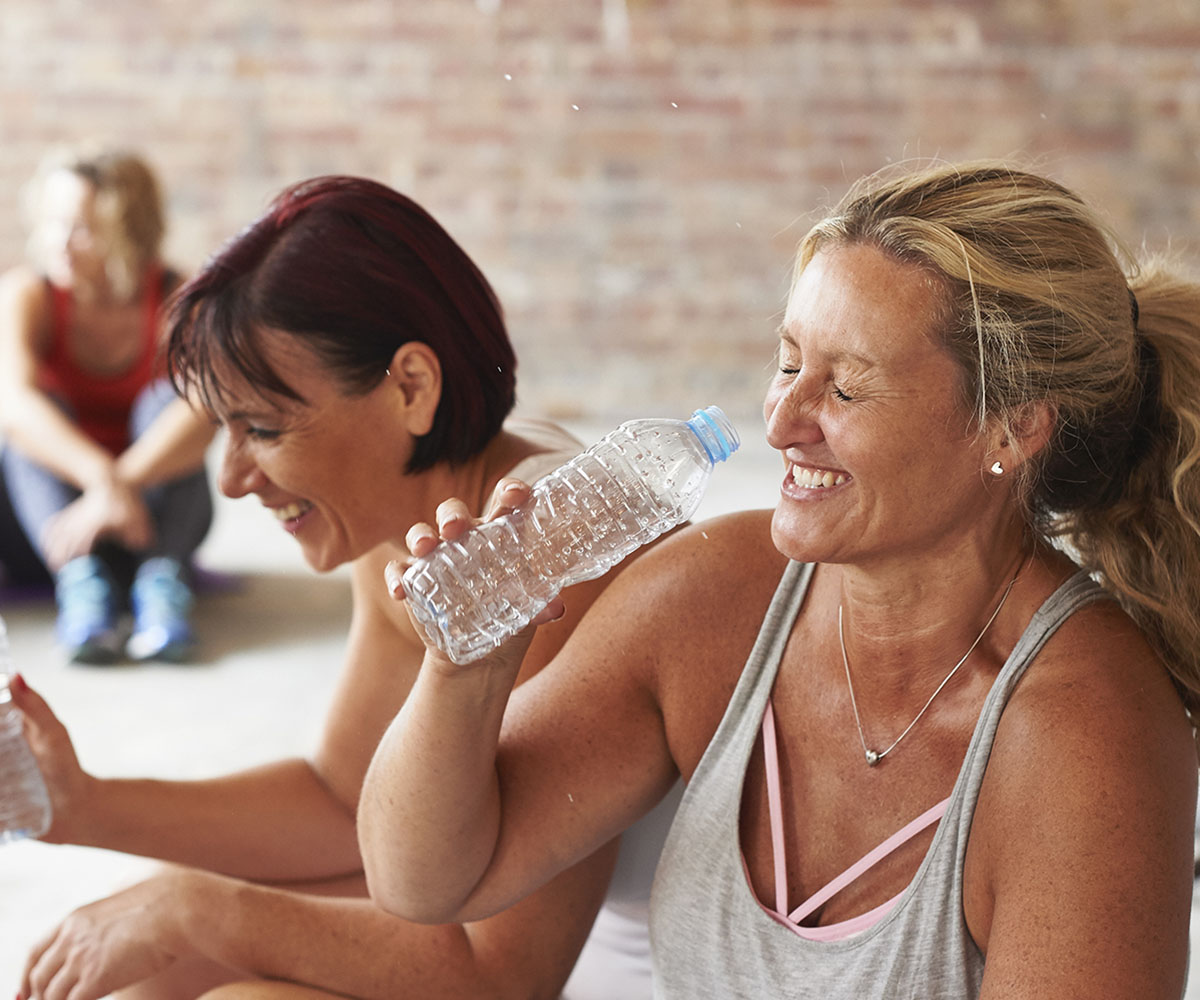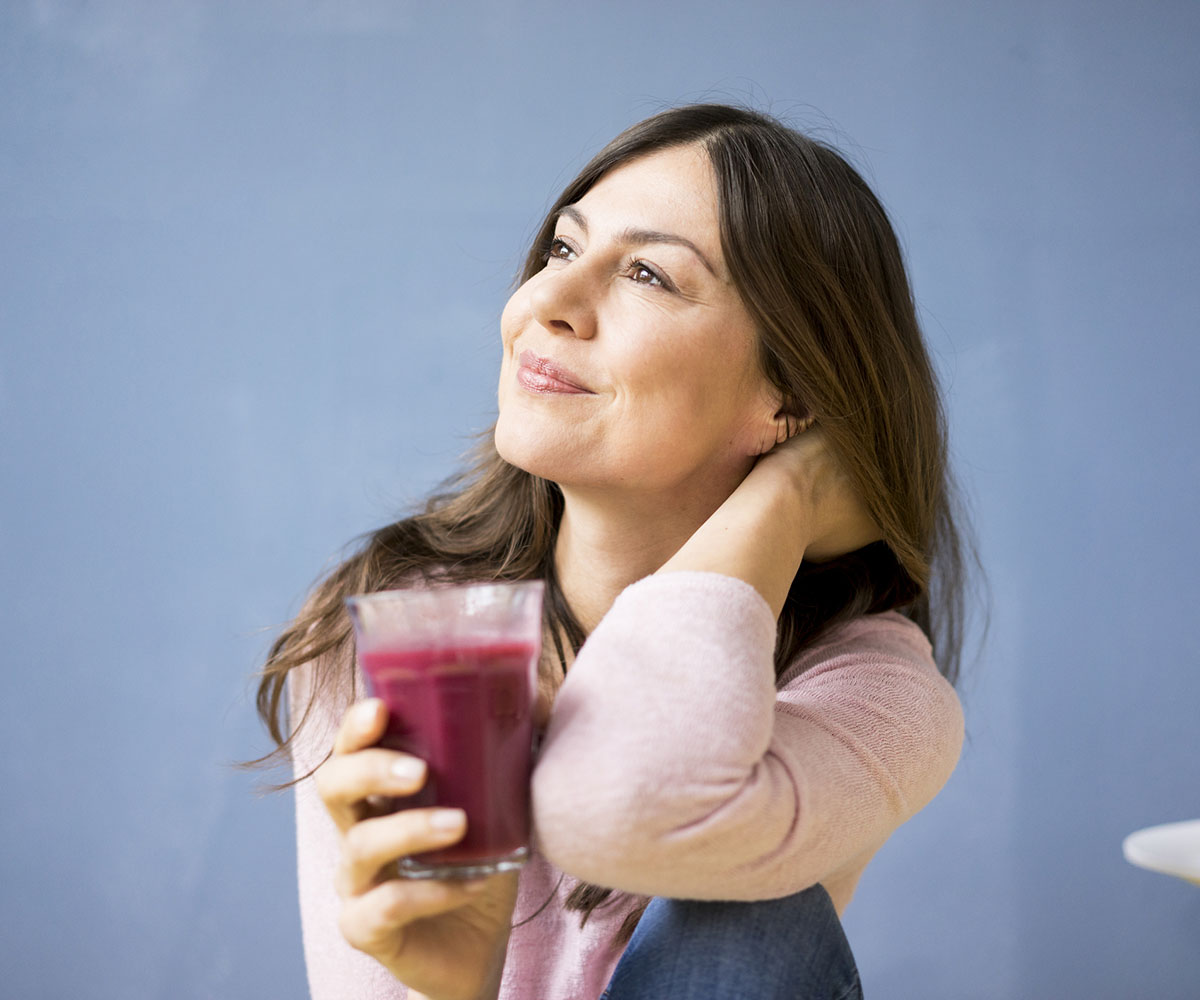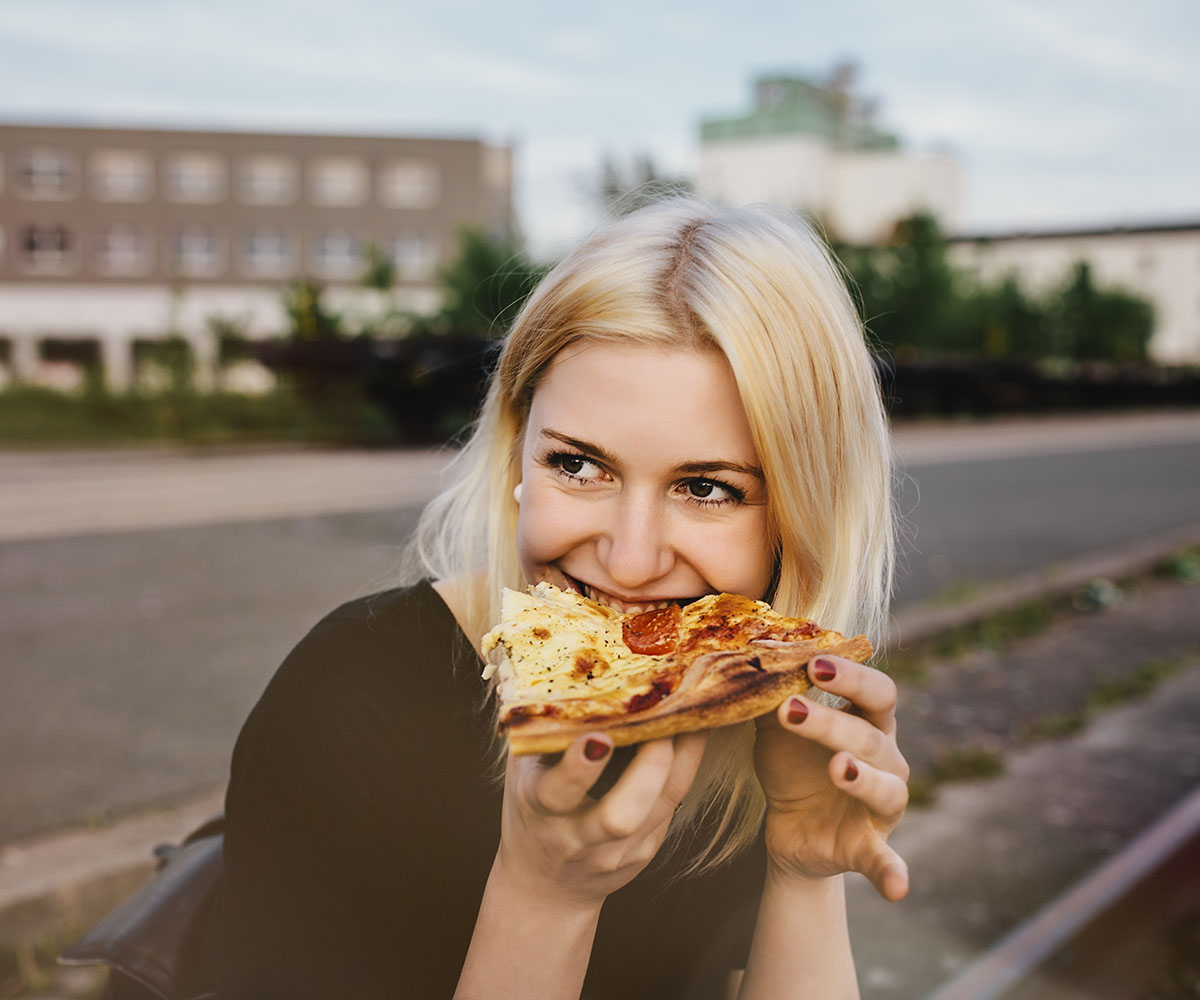We’ve all been there – made that determined decision (usually at the start of a new year) to be a healthier version of ourselves. We usually get off to a great start – sticking to those green smoothies, going to the gym every day, signing up for yoga. The chips and chocolate over late-night Netflix disappear…
But after a few weeks some of that commitment starts to wane as the realities of everyday life take over.
I see a lot of my clients at this point in the year, feeling defeated and like they’ve somehow failed at goals they really thought they were going to stick to. It’s not nice to see them beating themselves up over it.
I have a theory on New Year’s Resolutions. Most people fail at them because they are too unrealistic, they are generic and we don’t take our time to think about what truly matters to us personally. Instead, we set the same goals as everyone else and they are usually very similar to the ones we had last year.
Think about what your ideal life will look like, what you will be doing and how you will feel, this way the brain starts focusing on what we truly desire instead of what we don’t want. Set much smaller goals and build on them incrementally (ie. master one before trying to incorporate the next).
You’re more likely to finish your year feeling proud of yourself, rather than disappointed. Focus on progress, instead of end destination.
Here are some examples of totally achievable goals that, by their very nature, will help you towards feeling healthier and more energetic. It’s great when people pick one that feels easiest and aim to master it, as it builds their self-esteem and makes them realise they can attempt another, and then another. It’s my dream that one day I see people throw out those long, impossible New Year’s resolution lists out and aim for smaller, realistic goals that will leave them feeling great about themselves.

1. Increase your water intake
Get a fun or beautiful water bottle that becomes your new accessory: infuse water with colourful fruit and berries to make drinking irresistible. Take it everywhere and try and make sure you finish it by the end of the day. Dehydration can also result in poor energy levels, so when you feel that afternoon slump kick in, a big glass of water will be more beneficial than coffee.
2. Integrate just a little more physical activity than you’re currently doing
Focus on movement instead of exercising. Most people associate pain and discomfort when they think about exercises and therefore they procrastinate. Find a way to move your body so that you even forget that you are doing it like taking dance lessons, doing Zumba, playing with children, going tramping. Remember a 10-minute walk around the block is still better than no walk at all. And the next day it might be a 15-minute one.
3. Start crowding bad food out gradually
You’ll find this easier to stick to than making a list of things you can no longer eat. Rather than banning anything with sugar, fat, or dairy, turn to the healthy foods you DO want in your diet. When you’re eating more food with good nutritional value, there will simply be less room for unhealthy food. You can only eat so much in one day.
4. Get more sleep
Research shows that when you don’t get enough rest, your body craves extra calories to make up for your lack of energy. Go to bed half an hour earlier to get plenty of shut-eye and you’ll be less likely to turn to food to fill the void.
5. Take note of the times when you overeat or binge on junk food
For some people, it’s when they are bored. For some when they are stressed; some when they are lonely. Getting your head around that can help you fill the void in another way. If you’re stressed, get some rest or maybe hit up that yoga class. If you’re bored, pick up a book or new hobby that you’ve always been meaning to try. If you’re lonely, call an old friend. Observing, and then treating, the underlying problem will bring you far more satisfaction than filling your body with unhealthy foods and your mind with feelings of guilt.
Eugenia Nikiforow is an Emotional Eating and Eating Psychology expert with a certificate in Holistic Nutrition and Health and a degree in Business Psychology. You can find out more by visiting her website: mindfoodness.nz


